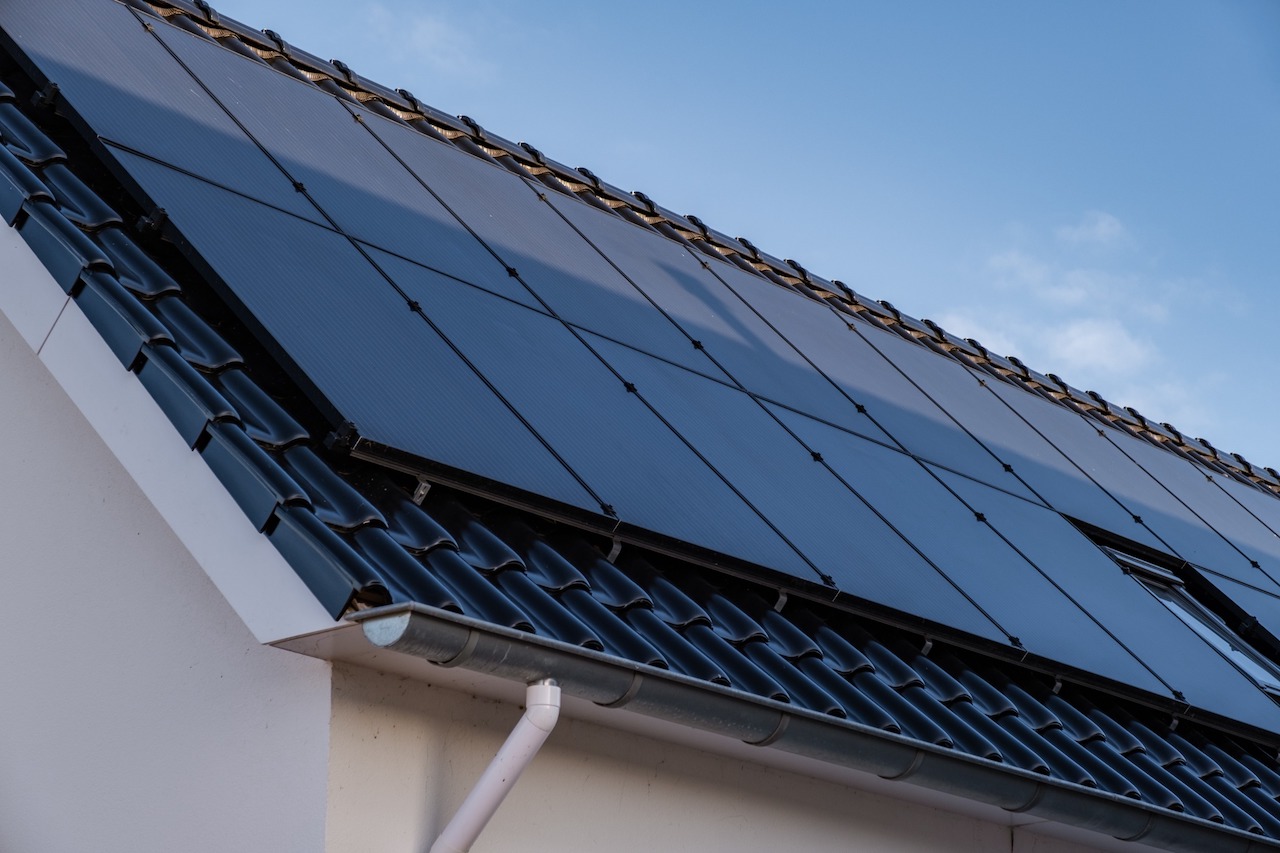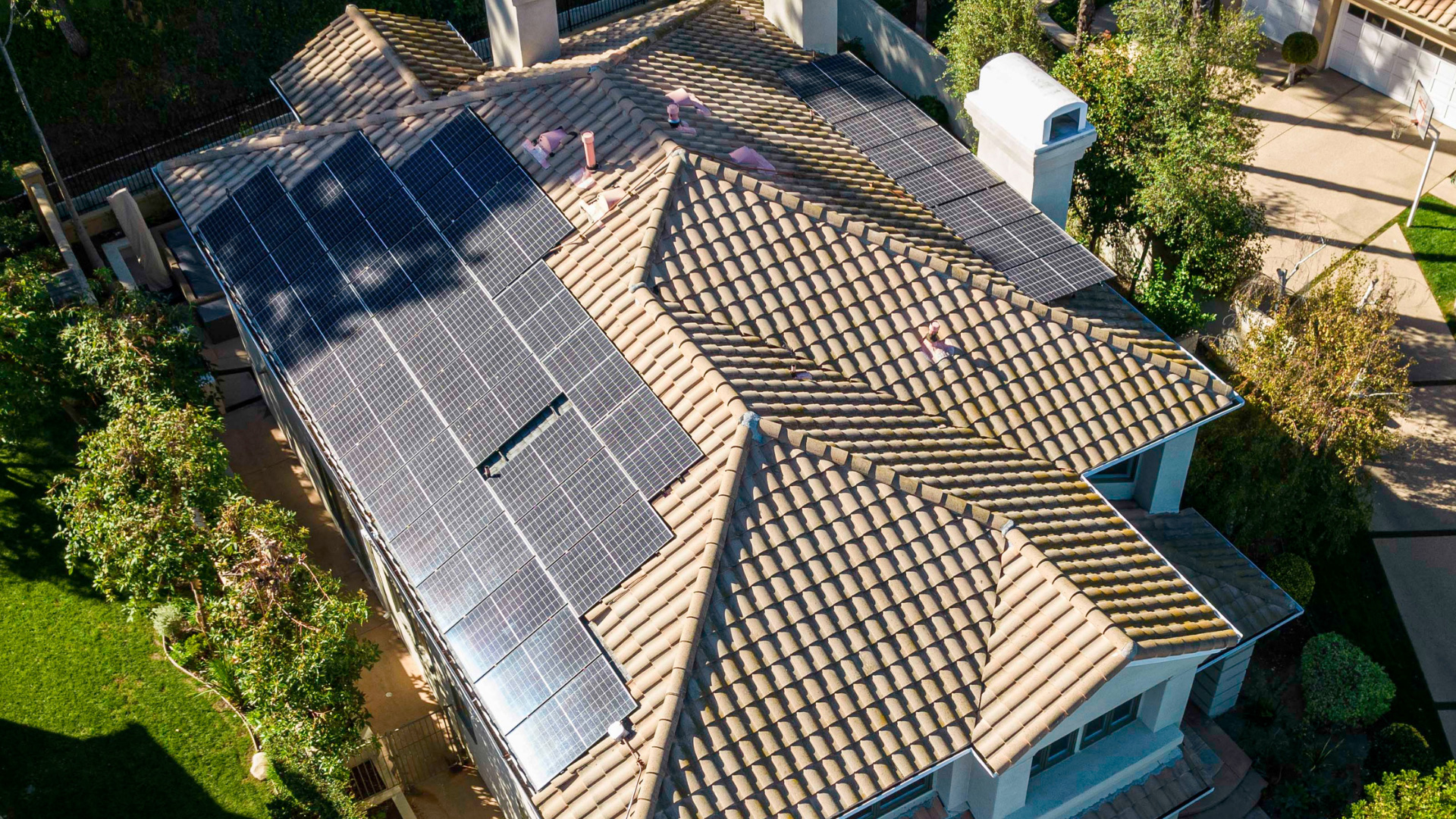You’ve probably heard the term “tier 1 solar panels” used by different companies as you research residential solar. This is a label that the industry has given to panels that are made by the most experienced and reputable manufacturers. Brands like Panasonic and Qcells that have provided modules to large-scale projects are often referred to as tier 1 brands.
But what does this mean to you as a homeowner and why should you care about solar panel tiers? This article will explain in more detail.
What Are Tier 1 Solar Panels?
Based on how the terminology is often used, it may seem like Tier 1 solar panels are simply “high-quality” solar panels. But, while there is certainly a correlation to the overall quality of the panels, Tier 1 categorization actually refers to the manufacturers who make the panels themselves.
The Bloomberg New Energy Finance Corporation has created a system of evaluating solar panel manufacturers with regard to their financial health and quality control capabilities, among other things. The best solar panel manufacturers receive Tier 1 classification, which is the best classification available in the industry. In order to receive Tier 1 classification, manufacturers must have:
- Complete control of the solar panel production process (vertical integration)
- Strong financial stability to be able to honor warranties
- Large manufacturing scale for the growing market
- Significant ongoing investment in research and development
Keep in mind that there are other factors that come into play as well, however, such as how long the company has been in business and what methods and materials they use to produce their panels.
Because the companies that meet Tier 1 criteria tend to make higher quality solar panels, Tier 1 solar paneling tends to be the superior choice, but this classification certainly isn’t the only factor for customers and clients to consider.
How Many Tiers of Solar Panels Are Available?
Tier 1 companies and products are a small minority (2%) of the overall solar panel market. Other than Tier 1 manufacturers, there are also Tier 2 and Tier 3 manufacturers and products in the solar industry.
Tier 2
Making up about 8% of the market, Tier 2 manufacturers don’t quite meet the strict criteria of Tier 1 companies, but they can still produce good solar paneling and often have processes and methods in place that can eventually lead to Tier 1 classification. For example, the materials they use might be medium-grade, and they typically use a mixture of robotic manufacturing and human assembly line methods. Tier 2 companies have typically only been making solar panels for less than five years.
Tier 3
Tier 3 manufacturers make up the largest percentage of the overall market (about 90%). These companies typically focus on affordability for consumers, which means their material quality may suffer. They’re also not vertically integrated, which means they may purchase many of the elements that make up their solar panels from third parties and therefore forfeit some quality control in the process.
Are There Pros and Cons of Different Solar Panel Tiers?
The biggest factor in considering the three tiers of solar panel manufacturers is the balance between cost and quality. Depending on the budget you have and how long you expect your solar paneling to last, the answer might look different.
However, even though they are usually more expensive upfront, Tier 1 solar panels are both higher quality and better insured by their manufacturers should they need repair or replacement later on. Typically these solar panels are expected to last at least 25 years, and to be able to count on a warranty for that long is a huge plus for consumers and businesses alike. And the boost in overall quality can also result in higher savings on energy in the long run.
Solar Optimum Is Here To Help
If you’re looking to take advantage of the excellent benefits of solar energy for your home or business, contact us at Solar Optimum today. As a vertically integrated solar company, we are proud to offer only the best quality paneling and installation to our customers, and our knowledge team can help you navigate the ins and outs of the process from start to finish.







